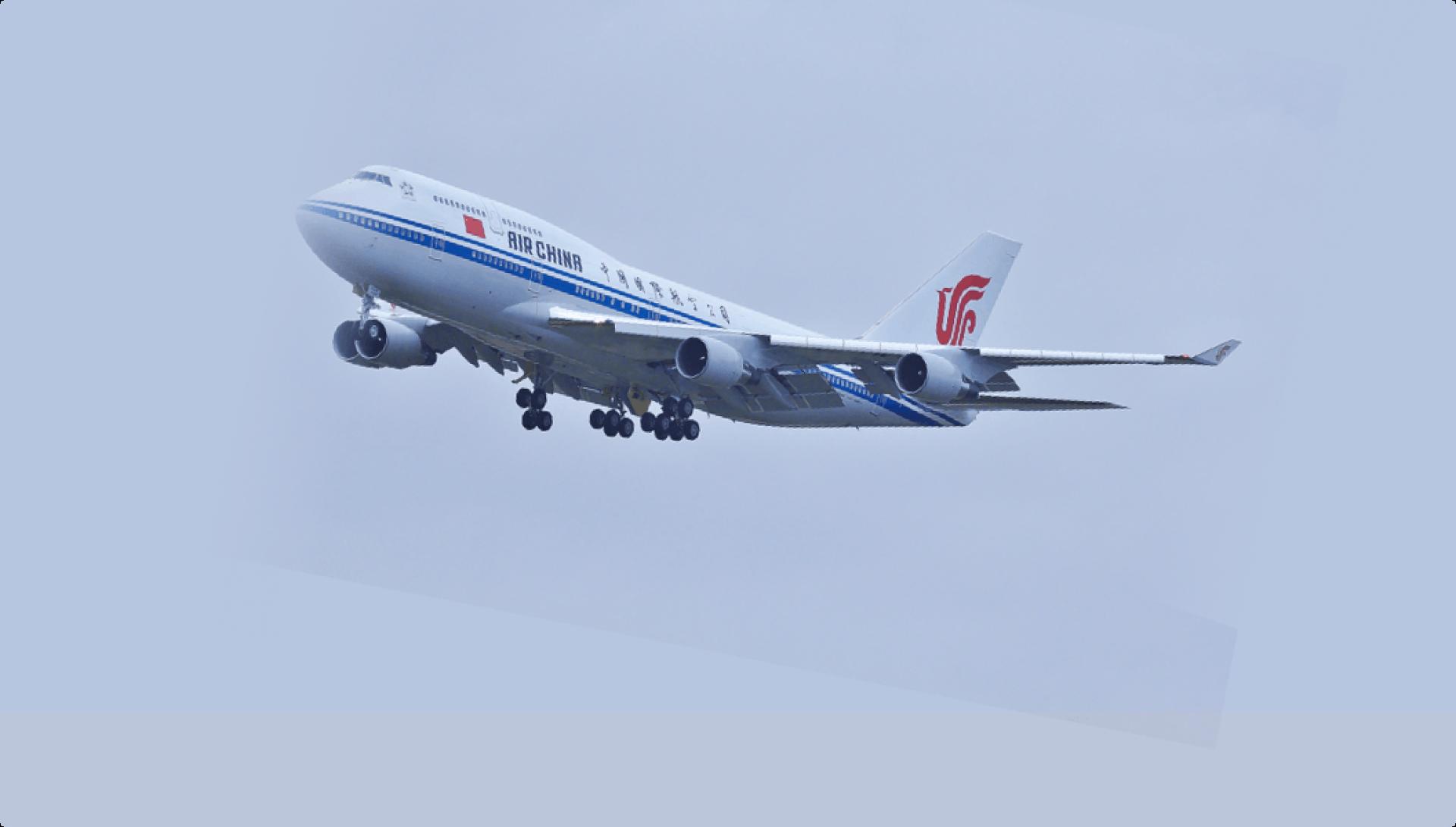Following the Chinese Foreign Ministry’s issuance of a travel warning for Japan, the China-Japan air travel market has experienced a sharp downturn in a short period.
Since November 15, cancellations for previously booked flights to Japan have surged overnight, with a cumulative total of over 491,000 tickets cancelled—roughly 32% of all bookings. The most heavily impacted routes are those from Shanghai to Tokyo and Osaka.
Facing this sudden spike in refund requests, major airlines such as Air China, China Southern, and China Eastern have been forced to respond quickly, announcing that tickets for flights between November 15 and December 31 can be refunded or rescheduled once free of charge.
Aviation analysts estimate the wave of cancellations could result in economic losses amounting to several billion yuan, with around 70% involving round-trip tickets, making the impact particularly severe.
The source of this aviation shock stems from recent remarks by Japanese Prime Minister Sanae Takaichi, who publicly stated that “the Taiwan situation could pose an existential crisis for Japan,” which provoked a strong protest from the Chinese government.
In response, the Consular Department of the Chinese Foreign Ministry issued a rare notice on November 14, advising Chinese citizens to “temporarily avoid traveling to Japan.” This announcement caused a huge stir in Chinese public discourse and was immediately reflected in the travel and aviation markets.
Several aviation experts noted that while the warning may have been intended to pressure Japan, the greatest actual economic blow was not dealt to Japanese airlines, but rather to Chinese airlines that dominate the China-Japan routes.
Because all five major operators of flights between China and Japan are Chinese carriers, the costs of refunds and rescheduling are almost entirely shouldered by the Chinese side. With most of the tickets being round-trips, the refunded amounts are even more substantial.
Industry insiders candidly point out that this so-called “countermeasure” may end up making China’s own aviation sector the biggest victim.
As the wave of ticket cancellations continues, whether airlines can restore capacity and market confidence ahead of the year-end travel peak remains to be seen.
